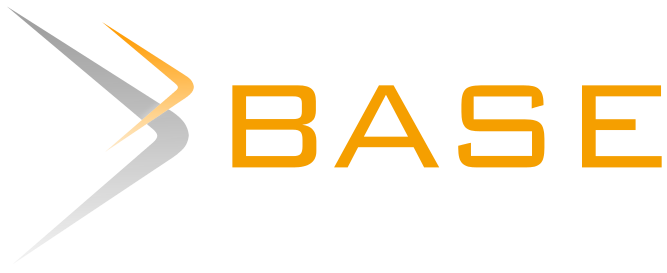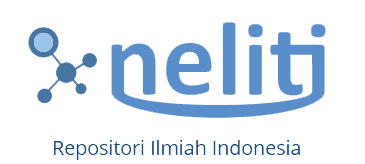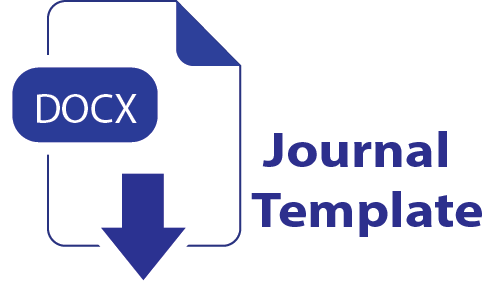Educational Games and Ice Breaking in Scienci Learning for student of Madrasah Ibtidaiyah/Elementary Schools
DOI:
https://doi.org/10.36982/jeg.v9i3.4979Abstrak
Objective: Problems frequently observed in educational activities among students of Madrasah Ibtidaiyah or Elementary Schools, particularly in science learning, include low motivation, limited concentration, exhaustion, and boredom when participating in classroom learning processes.
Design/Methods/Approach: The method employed in this study is a qualitative approach. The research approach utilized is a library research method involving in-depth observation and analysis of scientific article sources centered on literature review
Findings: Efforts that can be implemented to address these challenges involve educators needing to introduce strategies capable of enhancing focus capacity and student motivation within the classroom environment, such as utilizing educational games and ice-breaking activities. This academic work aims to examine the application of educational games and ice-breaking in science learning activities for MI/SD students.
Originality/Value: This academic work aims to examine the application of educational games and ice-breaking in science learning activities for MI/SD students.
Practical/Policy implication: Based on these findings, it can be concluded that the learning process through educational games and ice-breaking activities in science learning for Madrasah Ibtidaiyah or Elementary School students is highly appropriate for implementation in classroom teaching activities because educational games and ice-breaking are capable of optimizing motivation, focus, enthusiasm, interest, concentration, and learning outcomes of students during the science learning process in the classroom.
Unduhan
Diterbitkan
Cara Mengutip
Terbitan
Bagian
Lisensi
Hak Cipta (c) 2024 Nurmala, Syofnidah Ifrianti

Artikel ini berlisensiCreative Commons Attribution-ShareAlike 4.0 International License.
Authors who publish with this journal agree to the following terms:
- Authors retain copyright and grant the journal right of first publication with the work simultaneously licensed under a Creative Commons Attribution License   that allows others to share the work with an acknowledgement of the work's authorship and initial publication in this journal.
- Authors are able to enter into separate, additional contractual arrangements for the non-exclusive distribution of the journal's published version of the work (e.g., post it to an institutional repository or publish it in a book), with an acknowledgement of its initial publication in this journal.
- Authors are permitted and encouraged to post their work online (e.g., in institutional repositories or on their website) prior to and during the submission process, as it can lead to productive exchanges, as well as earlier and greater citation of published work










